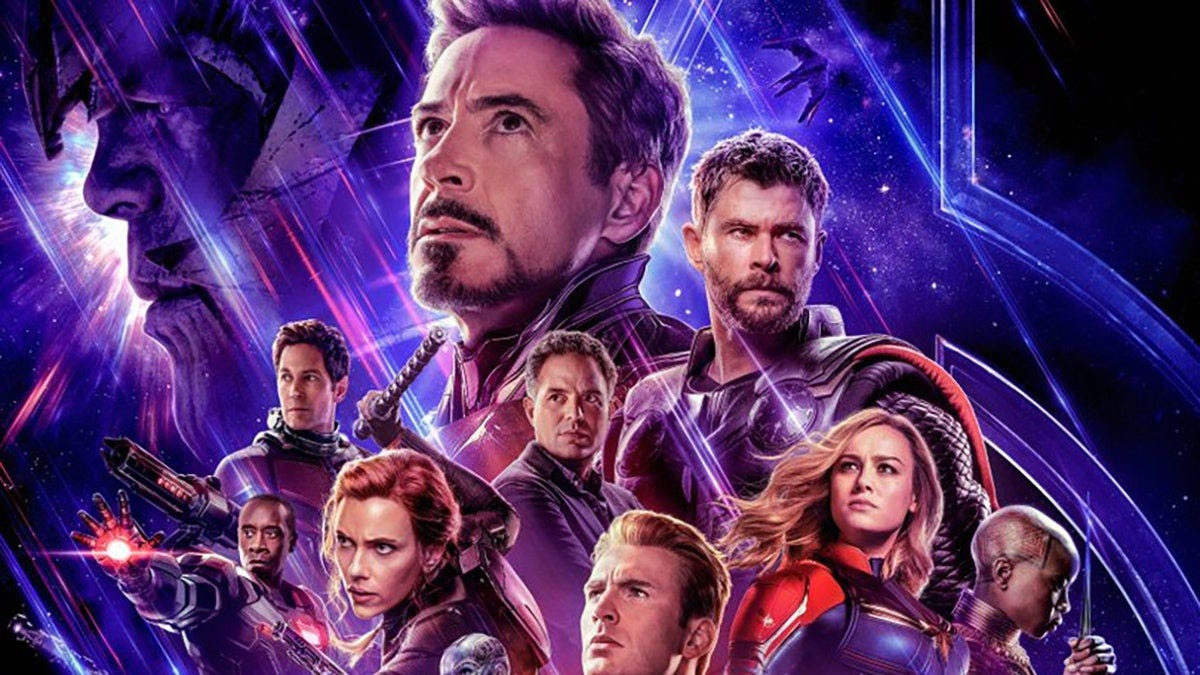AT&T, Comcast, Verizon, and Charter Donated to Anti-Voting Politicians


Corporations have long vied to cultivate brands that consumers will—at the very least—perceive as “socially responsible.” Since the 1980s, these efforts have forced companies, with seeming no way of reversing the trend, to stake out positions on politically divisive issues. As concern for Earth’s climate swelled in the 2000s, for example, many companies rolled out new pro-environmentalist stances; “going green,” as the marketers called it. Others proclaimed solidarity with the movement for marriage equality, one of the most contentious battles of the past century. More recently, companies have practically fallen over each other to align themselves with the movement for Black lives—even if only with words.
Inevitably, what it means to be a “good corporate citizen” has historically trended toward more progressive ideals, as corporations pursued White America on its slow but steady journey to more openly embrace fights for economic and racial equality.
The heightened polarization of Americans—driven today less frequently by attitudes toward public policy, and more by hyperpartisan “othering”—has divided the country into more or less two camps; each with its own disparate, and largely incompatible, social identity. This has never been more evident than in this moment, with the country now embroiled over the efforts of some to restrict voting access in the South. Thanks to the rise of “slacktivism,” a slew of businesses have found themselves incapable of flying under the radar. Forced to take sides, they face the prospect of alienating some of their most loyal customers, while exposing their hides to attack by professional partisans. Yet, as usual, the risk of the latter can always be mitigated by ensuring their support for any given cause is paid merely in lip service.
While denouncing the highly visible voter suppression underway in Georgia, many companies are undoubtedly crossing their fingers and hoping their financial contributions to politicians leading those efforts go unnoticed. Investigations into the campaign finances of Republican legislators pushing restrictive voting laws in the U.S. have revealed one industry repeatedly topping that list. Despite several having issued vague statements in support of equal access to the polls, the nation’s largest telecommunications providers are consistently found to have funded state legislators with opposite intentions. What’s more, nearly all have been reticent to acknowledge whether that support will continue, in contradiction to their own asserted “corporate values.”
AT&T, one of the largest of the companies, sits atop that list. Records show last election cycle, the company delivered more than $312,000 to lawmakers labeled by the nonprofit Voting Rights Lab as supporters of restrictive voting policies. Such measures include automated voter purges, reducing polling hours and locations, and tighter early voting windows. Between 2015 and 2020, in fact, AT&T gifted these legislators more than a quarter-million dollars, according to new analysis this week by Public Citizen, a nonprofit representing consumer interests in lobbying, citing data from the National Institute on Money in Politics.
G/O Media may get a commission
In a statement last week, AT&T CEO John Stankey declared, “the right to vote is sacred and we support voting laws that make it easier for more Americans to vote in free, fair and secure elections.” Election laws, he said, are “complicated” and fall outside the telecom’s sphere of interest. “But,” he added, “as a company, we have a responsibility to engage.”
AT&T did not respond, however, to multiple requests for comment regarding its political contributions.
As an example of this engagement, Stankey pointed to his membership in Business Roundtable, a public policy group comprised exclusively of chief executives, which last month called on lawmakers to “provide greater access to voting and encourage voter participation.” It made no specific reference to legislation in any particular state, and voting rights is not listed among the group’s areas of regulatory concern. Other members of the group, including Hans Vestberg of Verizon Communications, run companies that have likewise funded lawmakers working to undermine voting rights. Verizon, which in the last election cycle gave $111,575 to legislators backing restrictive voting bills, told the Associated Press that it opposed any effort making it harder for people to vote. (It did not elaborate on what that opposition entails, beyond words.) Comcast, which gave $167,400, declined to say whether that giving would continue.
Last week, Popular Information, a political newsletter by Think Progress founder Judd Legum, identified more than $577,000 in AT&T contributions to supporters of Texas bills seeking to limit voter access. This includes SB 7, which limits early voting hours and prevents local election officials from proactively sending vote-by-mail applications, even to voters who qualify. In its original form, the bill even sought to create new hurdles for Texans with disabilities, forcing them to a supply doctor’s note to receive mail-in ballots. Comcast is likewise listed as having given $142,250 to supporters of these restrictions. Charter Communications, the telecom providing Spectrum internet service, gave more than $346,000 to the same crowd. The company declined to comment.
Civil rights leaders and voting rights advocates have cast the slate of new rules in Georgia—key provisions of which impose new voter ID requirements and cut the window for requesting ballots by more than half—as part of a broader GOP effort to suppress voters in traditionally red states where it now sees support for its policies waning. A record turnout of Black voters in the state was crucial to Joe Biden’s victory in November. Relatedly, experts project many of Georgia’s new voting rules will have an outsized impact on Black voters.
Georgia’s hours-long voting lines last year left witnesses agog. Stories quickly surfaced of voters in minority-majority neighborhoods having to wait five, seven, even 10 hours to cast their ballots. Some who jumped in line by mid-afternoon wouldn’t make it inside until the following day, well after polls were closed and machines turned off. Many Georgians simply couldn’t wait, either because they have medical issues preventing them from standing in line for hours on end or because they have jobs and children to tend after.
Seeing lines that stretched for blocks, Good Samaritans fundraised online to bring food and water to residents queued up under the punishing southern sun. Last month, the state criminalized such kindnesses.
Lending additional credence to allegations of suppression, Republican state officials had repeatedly shrugged off warnings about the impending election catastrophe. Voting rights groups say, despite sounding the alarm well in advance of the state’s primary election last summer, Georgia effectively denied thousands of its citizens the right to vote through its inaction. Federal courts have refused to get involved.
There is no question the new rules will make it harder, not easier, to vote. Addressing a litany of nonexistent problems, the number of drop boxes used to collect ballots has been significantly diminished—at least in urban centers where the majority of Black Georgians live. Mobile voting centers are now effectively banned. And extended voting hours, often granted due to Georgia’s all-too-common ballot box mishaps, are now tightly restricted.
Constitutional lawyer Michael Waldman, president of the Brennan Center for Justice, says the new restrictions “targets Black voters with uncanny accuracy.” “[Georgia Gov. Brian] Kemp signed his voter suppression bill in front of a painting of a plantation where more than 100 Black people had been enslaved,” he said. “The symbolism, unnerving and ghastly, is almost too fitting.”
The fight for equal access to the polls has forced companies headquartered in Georgia or contributing heavily to the state economy to take a stance. Major League Baseball’s decision to relocate the All-Star Game out of state—in what MLB Commissioner Rob Manfred called a sign of “the game’s unwavering support” for equal voting access—arrived with the endorsement of President Joe Biden and set off a wave of condemnation from prominent conservative figures, including Donald Trump.
Kemp cast his state on Saturday as the latest victim of “cancel culture,” accusing Manfred of having “caved to fear and lies from liberal activists.”
And on Monday, Senate Minority Leader Mitch McConnell, whose entire political career has been propped up by millions in corporate donations, issued Corporate America a stern ultimatum: “stay out of politics,” he said, or you’ll face “serious consequences.”
Source link





